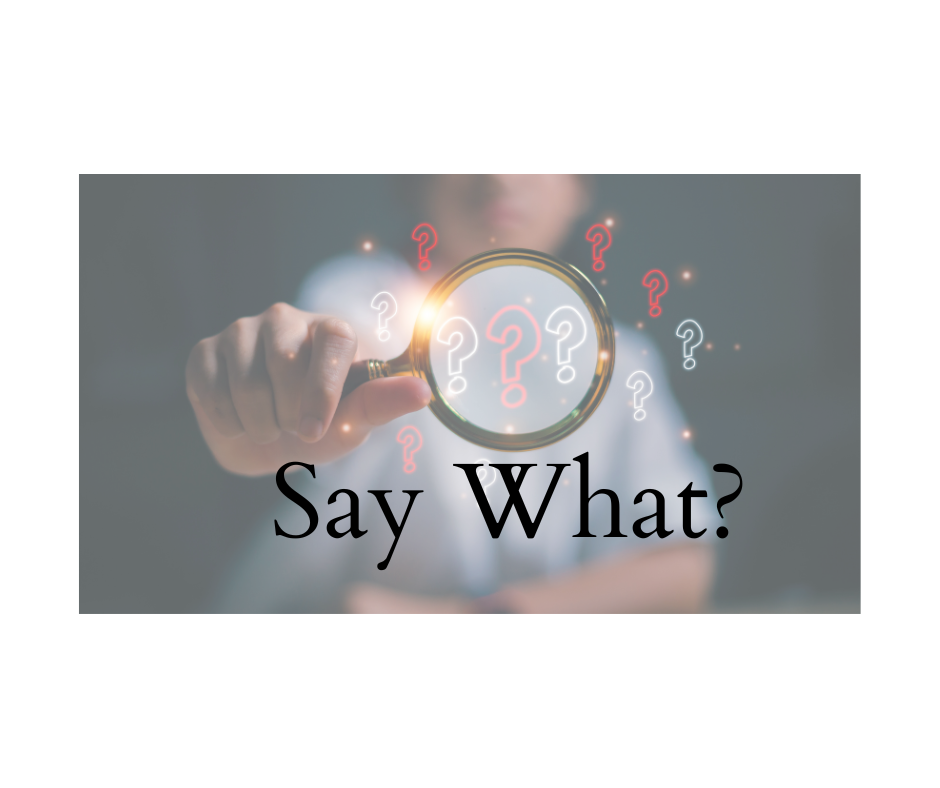Are You Different From or Different Than?
Comparisons. We live in a world in which we are often called upon to make comparisons. Does WalMart or Target have the better price on something? Is Brad Pitt a better actor than Paul Rudd? Are you comparing these with or to each other?
It seems like a small distinction, but most writers guides agree that if you are noting the similarities between two things, comparing to is the correct terminology. If you’re pointing out differences, you use compared with.
- Robert compared Barnes and Nobles’s prices to Amazon’s. (comparing similar things)
- Australia is in a good economic position compared with other many other countries. (comparing one country with another)
Speaking of differences, is there a difference between different from and different than? A slight one, most grammarians agree, though for much of history they have been used interchangeably. Different from means “not the same.” Use it to convey contrast.
- This outfit is different from the one I ordered.
- Alex’s perspective on the economy is different from George’s.
Different is an adjective; different from should be followed by a noun, pronoun, or phrase.
Than implies a comparison and is used with a comparison adjective, such as more, less, better, colder, prettier, etc.
- My sister’s home is bigger than mine, but she still refuses to host the family gathering.
Than also functions as a conjunction, and you may remember that conjunctions join clauses. So different than is the right choice when it’s followed by a clause.
- Peter’s freshman year of college was much different than he expected.
Differently is an adverb and takes the comparison than when used in the adverbial phrase differently than.
- My mother views the world differently than I do.
We may have differences of opinion, but I hope we can agree that my opinion, although different from yours, is still valid.







